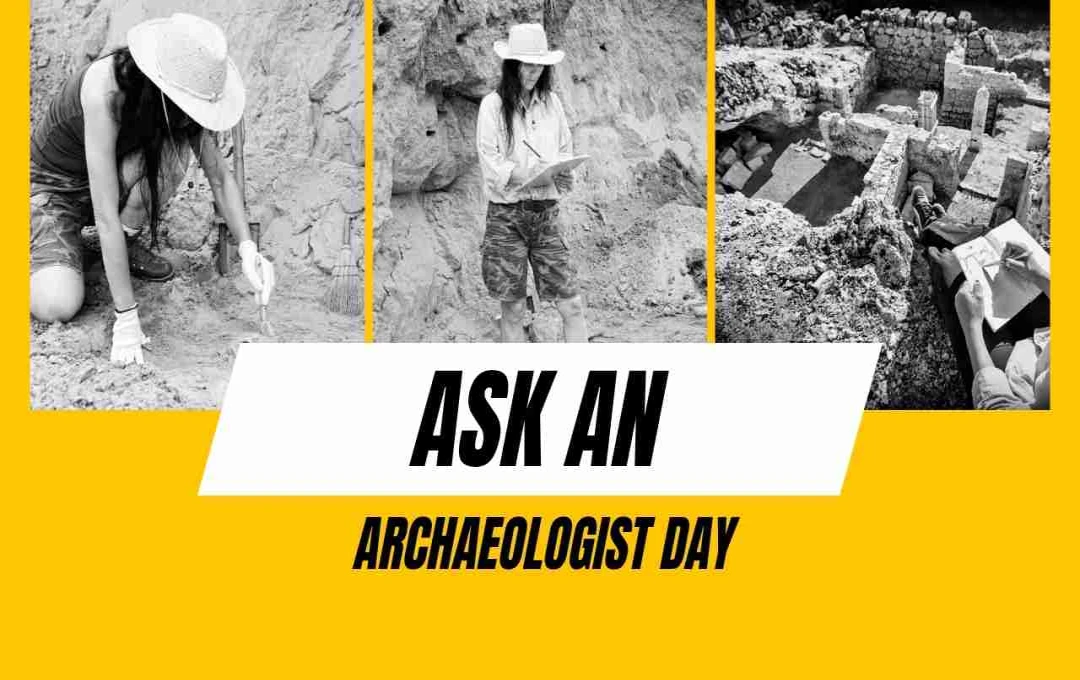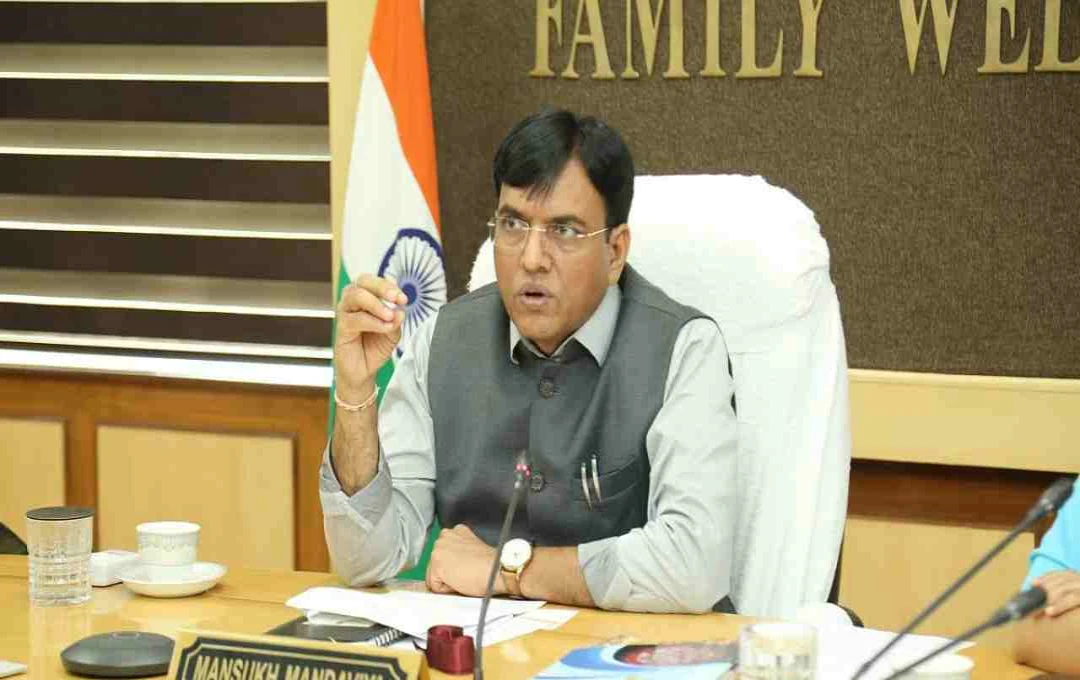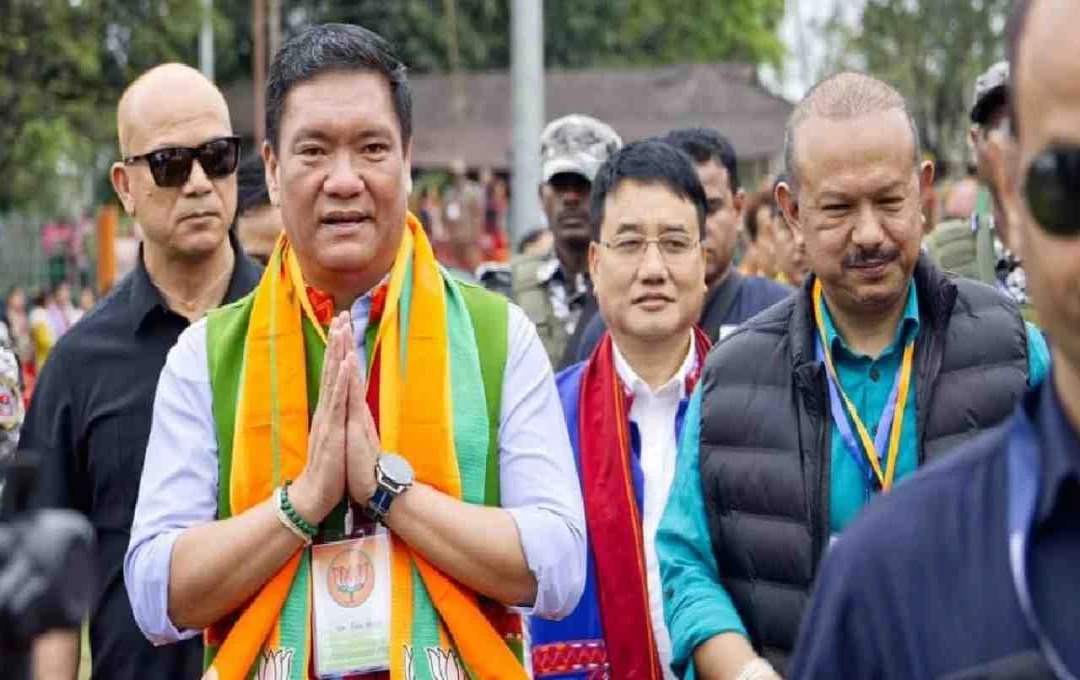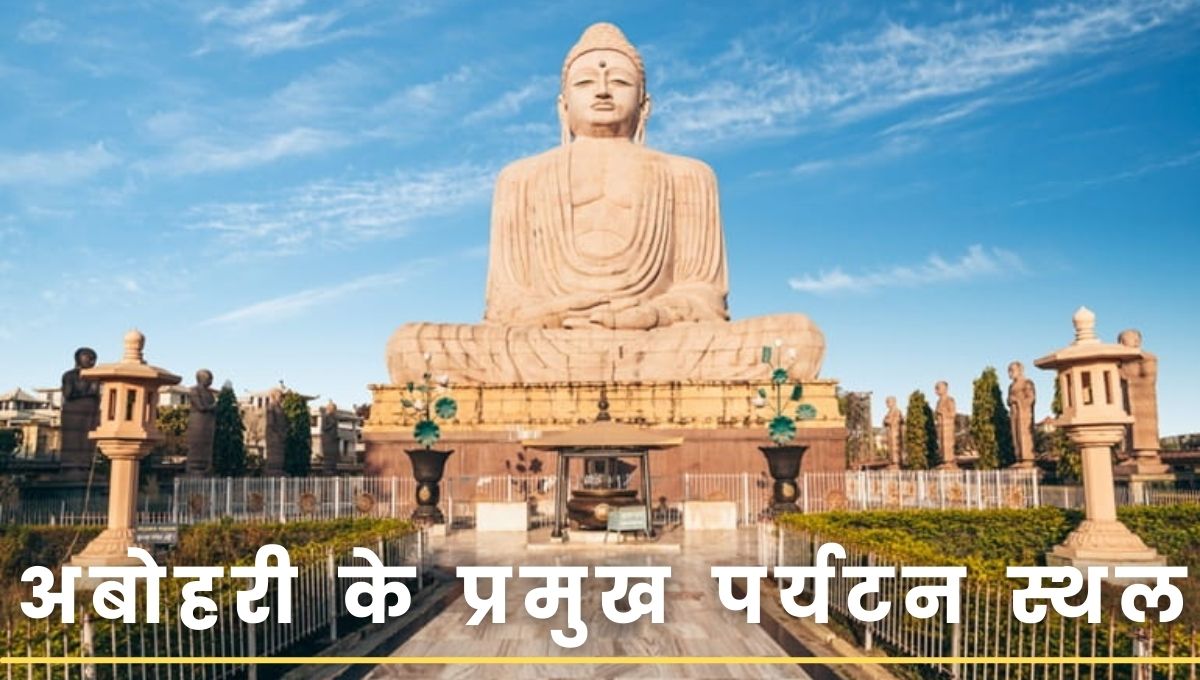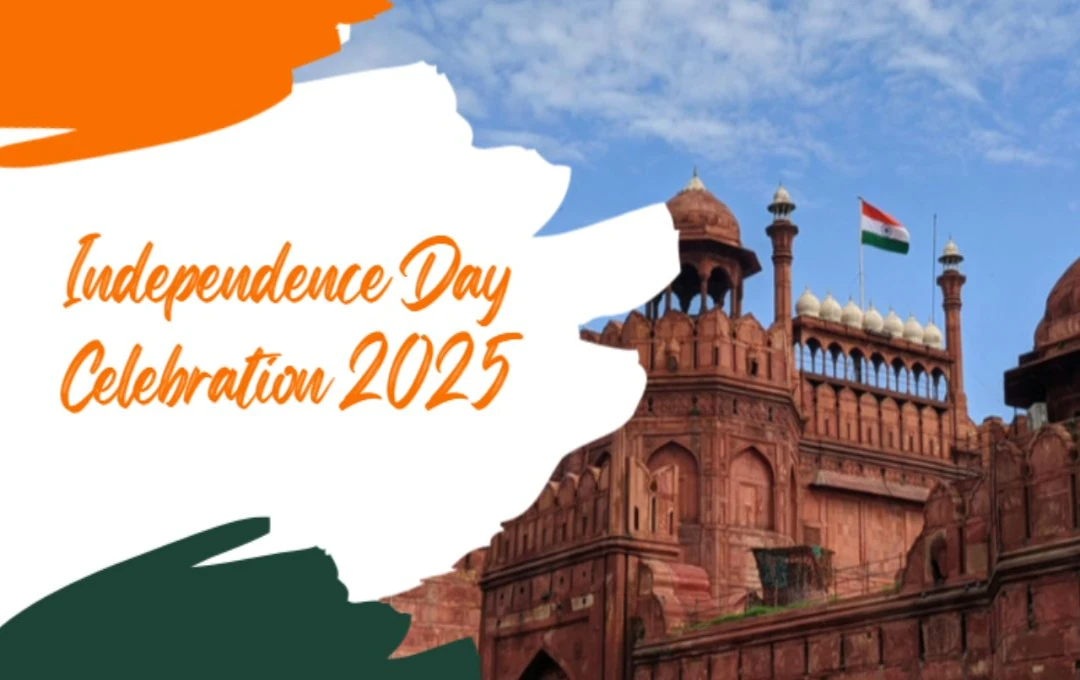Do you ever wonder about the history buried beneath the soil? Or who finds those old objects displayed in museums? If so, 'Ask an Archaeologist Day' is a perfect opportunity for you! Celebrated on July 25th, this special day gives people around the world the chance to speak directly with those who unearth history: archaeologists. This day is not only fun and informative, but also offers a chance to see history as a human story.
What is Ask an Archaeologist Day?
This day is specifically designed so that ordinary people—children, young, or old—can ask archaeologists questions directly. Whether you want to know what people ate in the Harappan civilization, or what's hidden in the Egyptian pyramids, any question is free and welcome on this day. This day takes science out of textbooks and turns it into an engaging, real conversation, where deep insights are shared with laughter and fun.
Who are Archaeologists?
Archaeologists are scientists who excavate ancient relics, buried objects, and historical sites. Their goal is to gather information about past civilizations, their lifestyles, and culture. A good archaeologist doesn't just find bones or pottery; they uncover a story—a past that helps us understand today's society.
How did 'Ask an Archaeologist Day' begin?
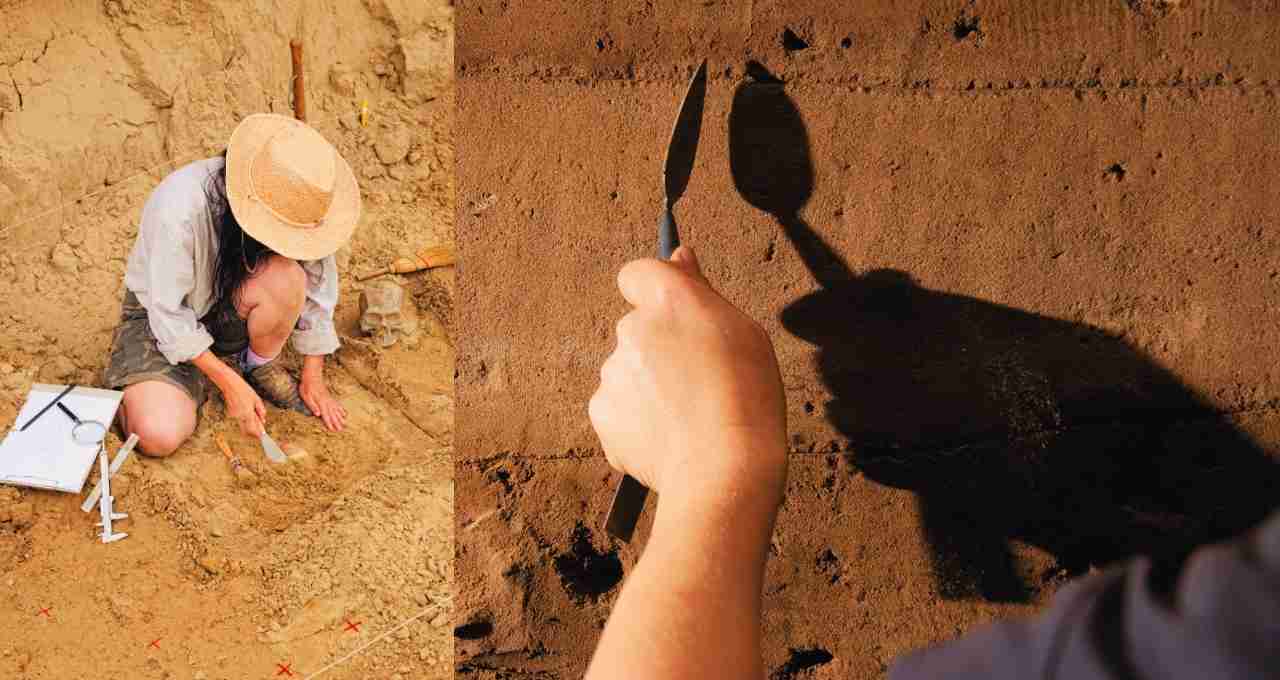
In 2018, 'Ask an Archaeologist Day' was first celebrated in the United Kingdom. It was launched by the Council for British Archaeology as part of their 'Festival of Archaeology'. The aim of celebrating this day was to connect people directly with archaeologists via online platforms, so that everyone had the opportunity to ask exciting questions related to excavation. This idea was inspired by 'Ask A Curator Day', which was created for dialogue between museum staff and the public. Today, this day is celebrated worldwide and trends on platforms like X (Twitter), Instagram, Threads, and Facebook.
How to celebrate 'Ask an Archaeologist Day'?
1. Join a live Q&A
Search for the #AskAnArchaeologist tag on X (Twitter) or Instagram and participate in live sessions. Ask questions directly—such as:
- What has been the most interesting excavation so far?
- Have jewels ever been found in a skeleton?
- What do you find in the soil?
You will get answers to these questions in a very fun and casual manner.
2. Watch a virtual excavation
Many archaeologists share videos or live streams of their excavations. By watching this, you will understand how history is extracted by gradually removing soil. You can see for yourself how even a tiny pearl, as small as a seed, is carefully retrieved.
3. Take an online museum tour
Now you don't need tickets and travel to visit a museum. Just go to the website of a famous museum and see digital artifacts.
Many institutions also hold interactive tours and live Q&A sessions.
4. Ask an Archaeologist in the classroom
If you are a teacher, this day is great for students. Children can send their questions online, and many archaeologists also send them answers with videos or photos. This way, children don't just read; they feel history.
5. Share your story
Do you have an old utensil, coin, or grandmother's heirloom at home? Share it with a photo using the #AskAnArchaeologist tag. Perhaps an archaeologist will notice it and tell you its significance.
Why is this day special?
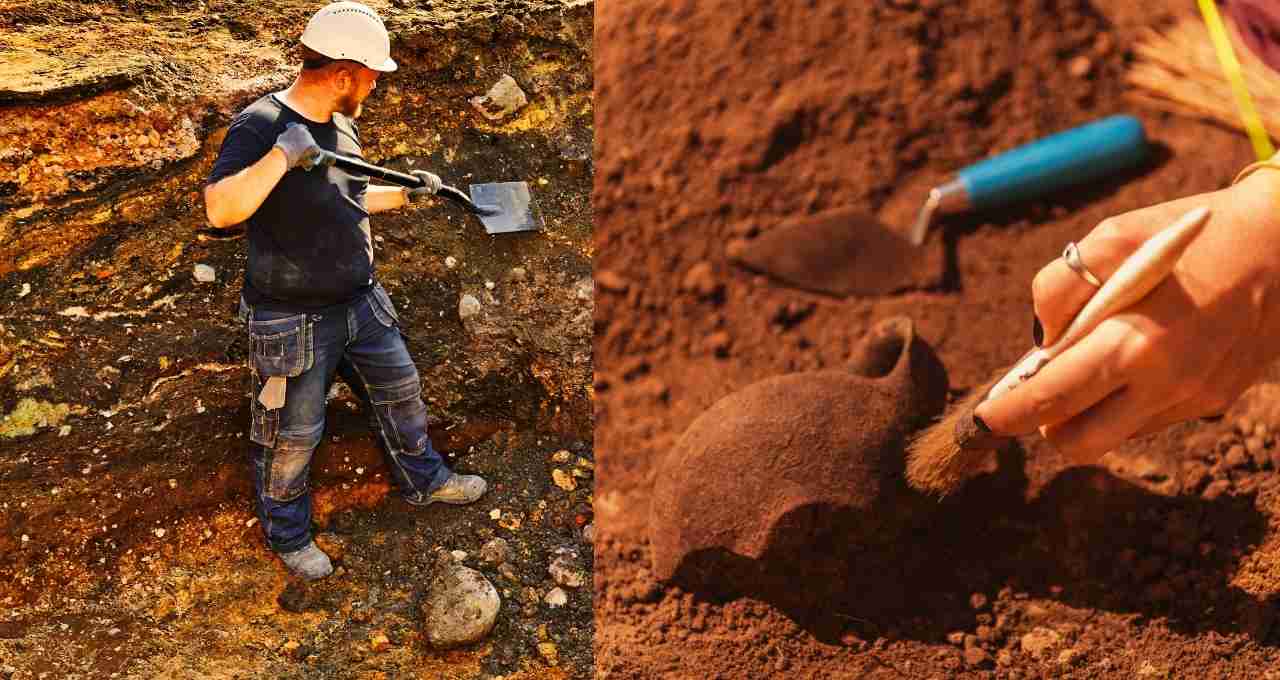
Direct Dialogue: It usually seems difficult to talk to experts, but on this day, any question can be asked.
Fun Stories: Sometimes you get such fun stories in the answers that are not in books. Like, 'the discovery of a pearl as small as a seed', or 'the precautions taken while removing a hidden pot from under the soil.'
Inspiration: The answer to any question can ignite a passion for archaeology in a child or young person.
'Ask an Archaeologist Day' is celebrated every year on July 25th, in which ordinary people can directly ask questions to archaeologists. This day is a fun and informative opportunity to bring history to life, increase dialogue with scientists, and understand ancient civilizations. Connect on social media with the #AskAnArchaeologist tag.
